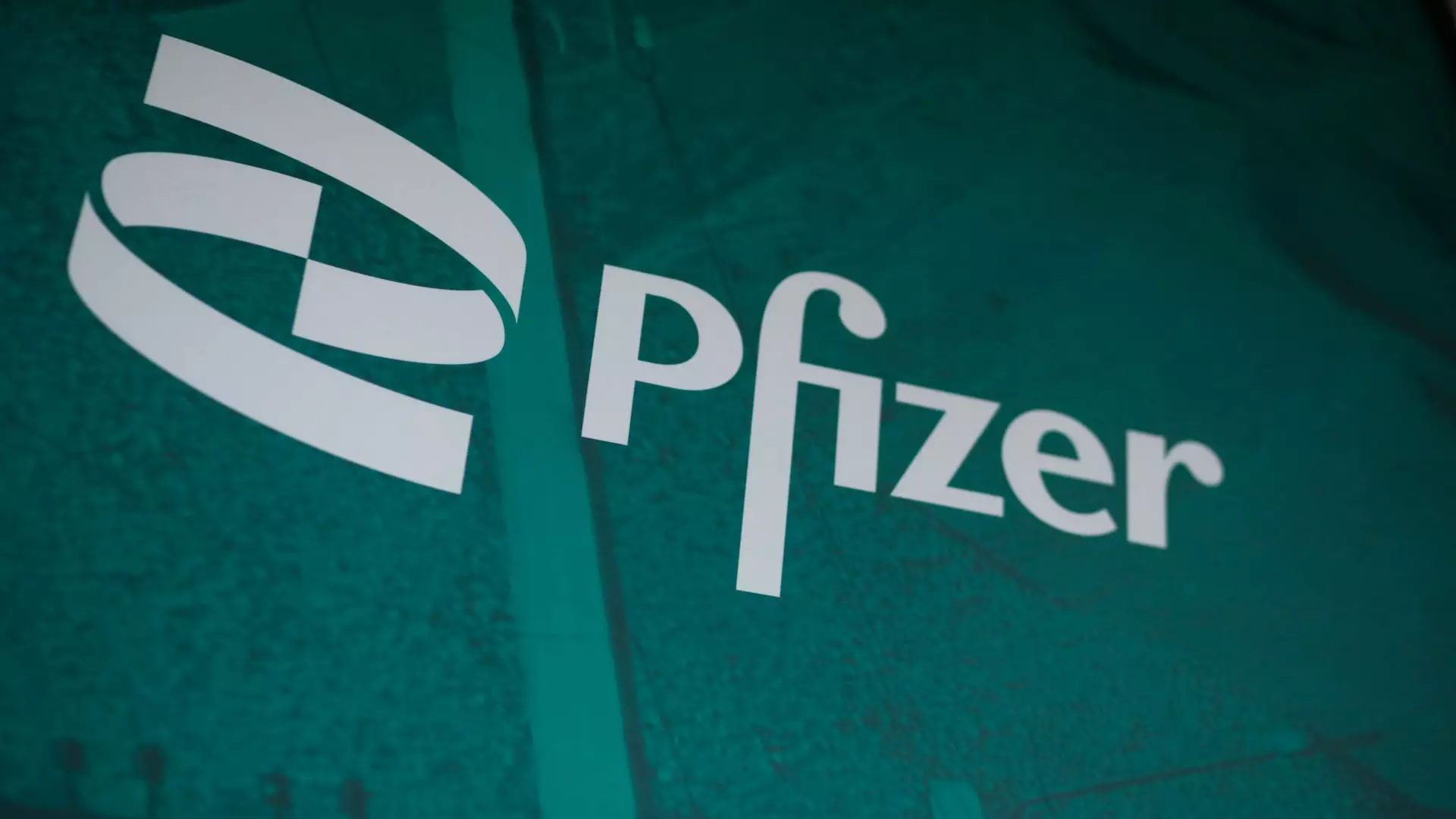Cancer cachexia is a devastating condition characterized by severe weight loss, muscle wasting, and a significant decline in the quality of life for patients suffering from cancer. This syndrome affects about 9 million individuals globally and is particularly prevalent among those diagnosed with certain cancers, such as non-small cell lung cancer, pancreatic cancer, or colorectal cancer. Statistics indicate that approximately 80% of cancer patients afflicted by cachexia succumb to their illness within a year of diagnosis. This alarming trend underscores the urgent need for effective therapies aimed at addressing the underlying causes of cachexia, which could enhance the efficacy of existing cancer treatments and ultimately improve survival rates.
The pathophysiology of cancer cachexia is complex, involving multifactorial processes that result in a negative energy balance, characterized by insufficient caloric intake juxtaposed with increased metabolic demands. Patients often experience debilitating fatigue and weakness, hindering their ability to carry out daily activities, including managing their cancer treatments. The National Cancer Institute defines cancer cachexia through a clinically significant weight loss of 5% or more over a six-month period, alongside associated symptoms such as fatigue and reduced appetite.
Pfizer recently announced promising results from a mid-stage trial involving its experimental drug, ponsegromab, designed to improve the symptoms of cancer cachexia. This monoclonal antibody has shown the potential to be the first FDA-approved treatment specifically targeting this debilitating condition. The results were shared during the European Society for Medical Oncology 2024 Congress and were further published in prestigious outlets such as The New England Journal of Medicine.
The phase two clinical trial involved 187 patients who were experiencing high levels of a protein known as growth differentiation factor 15 (GDF-15), a key marker implicated in appetite regulation and cachexia’s negative impact on health. In the study, patients receiving the highest dose of ponsegromab (400 milligrams) experienced a statistically significant weight increase of 5.6%, while those on lower doses (200 mg and 100 mg) had weight gains of 3.5% and 2%, respectively, relative to a placebo group.
According to Charlotte Allerton, head of discovery and early development at Pfizer, a weight gain of more than 5% is regarded by experts as a “clinically meaningful difference.” This pivotal threshold indicates that ponsegromab is more than just a marginal improvement; it could significantly affect patients’ health, allowing them to manage their conditions better and potentially tolerate more aggressive cancer treatments.
The implications of the trial results are profound. Cancer treatments frequently become less effective when patients suffer from cachexia, leading to decreased survival rates. By mitigating the symptoms of cachexia and promoting weight gain, ponsegromab could potentially enhance the overall therapeutic landscape for cancer patients.
Notably, the treatment demonstrated an impressive safety profile, with only minor side effects reported in a fraction of participants. Approximately 8.9% of individuals receiving a placebo reported treatment-related side effects, compared to 7.7% of those treated with ponsegromab. This minimal incidence of adverse effects is promising and suggests that the drug could be incorporated into existing treatment regimens without significantly increasing the treatment burden on patients.
Looking ahead, Pfizer plans to engage with regulatory bodies regarding the late-stage development of ponsegromab, aiming to commence studies in 2025 that would support its approval for use. The company is also exploring the drug’s efficacy in treating cachexia associated with heart failure, indicating its broader applicability in other chronic conditions.
As cancer cachexia remains a distressing complication for millions of patients, advancements like ponsegromab provide a glimmer of hope. With a population of patients in desperate need of effective interventions, the clinical trial results herald a significant step forward in understanding and combating this challenging syndrome. If approved, ponsegromab could serve as a vital therapeutic tool, not only addressing weight loss and enhancing quality of life for those battling cancer but also paving the way for more successful cancer treatments.
While challenges remain, the potential of this innovative drug represents a critical chapter in the ongoing battle against the complications of cancer. Continued research, vigilance, and collaboration among the medical community and pharmaceutical companies will be essential in ensuring that viable solutions, like ponsegromab, become accessible to those who need them most.


Leave a Reply